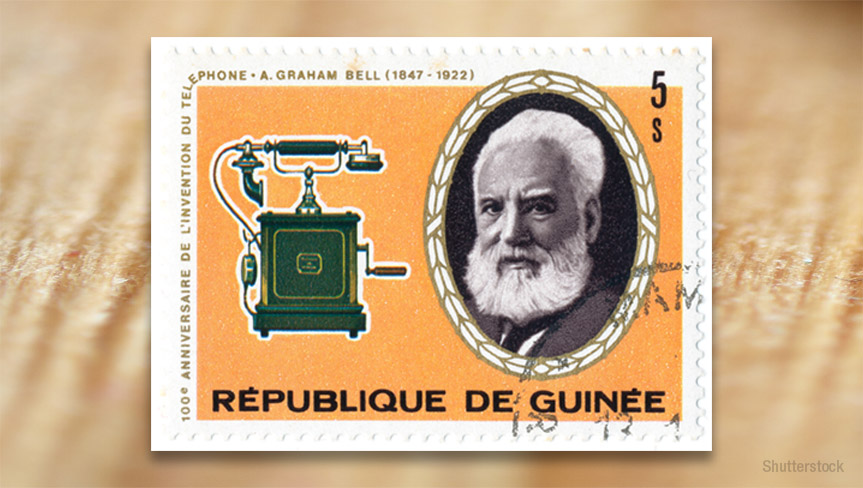10th May 2016
How much skin do humans shed?
Our skin is made of many layers of cells. The outer layer is flaky and the inner layers have structure giving and nourishing elements. The outer skin gets dry or damaged with time and so it gets shed. An average person sheds about 30,000 cells every minute and about 18 kilograms of skin in his or her lifetime. Most household dust is made of dead skin.





